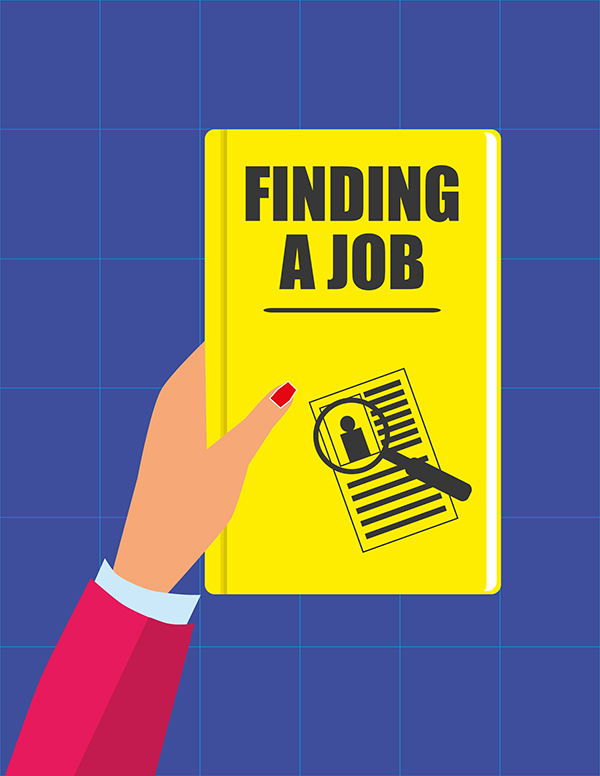Ukrainian refugees may be able to fill some of the 387,000 vacancies in the Dutch labour market. Due to big staff shortages both blue- and white-collar workers are welcome.
On 24 February, Russia invaded Ukraine, launching missile attacks and killing civilians. While it is prohibited for Ukrainian men aged 18-60 to leave the country, more than 4 million women and children have left Ukraine. Most are staying in Poland, yet some go further. Ukrainians can receive temporary residential status in the Netherlands under the EU Temporary Protection Directive.
Work permits not necessary
The government has abolished the requirement for a work permit for those who enter the Netherlands under the Directive. This exemption took effect on 1 April (retroactive to 4 March). It is now possible to work in the Netherlands for a year with just a Ukrainian passport. This period may be extended later if necessary.
The government has taken additional measures to protect these refugees on the labour market. Ukrainians will, for example, only be permitted to work as paid employees. Employers do not need to apply for work permits. However, they must report to the UWV that they have hired a Ukrainian refugee. As of 15 April, they are required to report this at least two days before the person starts working, otherwise they may be fined, and they have to submit certain information to the authorities, such as the employee’s working hours and place of work.
The Dutch government initially expected 50,000 Ukrainian refugees, though the number might turn out bigger. ABN AMRO Bank predicts that up to 156,000 Ukrainians will come to the Netherlands and that approximately half of them will enter the labour market.
Tight Dutch labour market
Ukrainian refugees might bring some relief to the tight Dutch labour market. As stated in a recent report published by ABN AMRO in March, the number of unemployed in December 2021 in the Netherlands stood at 336,000, one of the lowest numbers ever, while there were 387,000 unfilled vacancies. Based on the Ukrainian education level, the refugees do not necessarily have to work at the bottom of the labour market, states Piet Rietman, economist at ABN Amro.
Digital professionals wanted
Not only blue-collar workers are welcome in The Netherlands. Many companies are seeking IT specialists. For example, DEPT agency published an open call to Ukrainian digital professionals on its website, looking for front-end and back-end developers, architects, software engineers, UX designers et cetera. Moreover, the agency is opening all of its offices for digital professionals who have fled Ukraine and need a place to work with the right infrastructure and support.
Job openings and space in the offices is not all that DEPT does for Ukrainians. Together with software company Salesforce, it is supporting Refugeeforce by organizing free Salesforce trainings for people from the region to help them with future job opportunities, says the agency.
Agencies or social media
Staffing agencies such as SprintWerkt have already expressed their eagerness to help Ukrainian refugees find jobs, mostly in the logistics and horticulture sectors. Several initiatives are available for those who want to find employment in The Netherlands or first aim to develop their professional skills, such as Refugee Start Force, Refugee Talent Hub, Duizend1 and UAtalents. The full list and more information can be found on refugeehelp.nl in Ukrainian, Russian, English and Dutch.
Business owners are also taking matters into their own hands. Danielle van Zuijlen from JC Hair, a salon with several locations in Rotterdam, posted on social media offering to hire Ukrainian hairdressers. She also contacted several Ukrainian hair salons, some of which reposted her advertisement. At the time of writing, Van Zuijlen had already invited a Ukrainian lady to come for a trial day and a job interview.
Written by Zuzanna Kuffel
